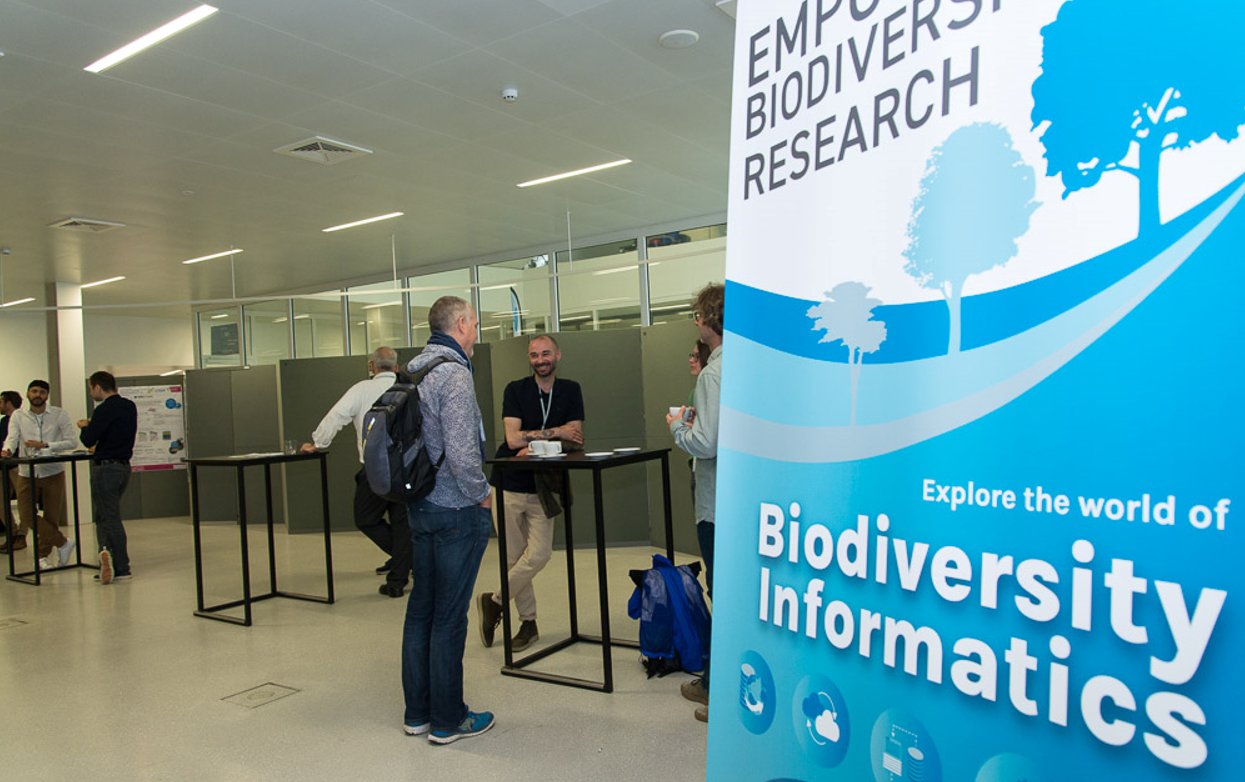
Empowering Biodiversity Research III
- This event has passed.

Resources and Videos
The Benelux Biodiversity Informatics community and partners are pleased to invite you to the Empowering Biodiversity Research conference, EBR III, taking place on March 25-26th 2024 in Naturalis Biodiversity Center, Leiden, the Netherlands. We will take you on a journey into the world of biodiversity data standards and tools and will inform you on the latest developments in the world of Biodiversity Informatics, both internationally and locally. The EBR III conference is organized back to back with the 2024 ARISE day, which will also take place in Naturalis Biodiversity Center.
In 2024, we are taking a significant leap forward. Our primary focus will be on effectively utilizing biodiversity data to bridge the gap with Policy. We’re determined to harness the potential of both local and international initiatives to drive progress. While you may already be acquainted with well-known entities such as GBIF, ELIXIR, Lifewatch, and DiSSCo, allow us to introduce you to MAMBO, ARISE, and Biodiversity Genomics Europe. Our comprehensive offering includes a carefully curated selection of keynotes, enlightening information sessions, impactful poster presentations, and, of course, a state-of-the-art Biodiversity Informatics market and reception.
For more info about the poster session.
The reception is foreseen on March 25th. It will give you the perfect opportunity to talk with your colleagues, friends on Biodiversity Informatics and what it could do for our research community.
For more information, please contact Dimitri Brosens, GBIF node Manager at the Belgian Biodiversity Platform, Niels Raes GBIF node Manager at NLBIF/ Naturalis or Paul Braun GBIF node manager at the Musée national d’histoire naturelle in Luxembourg. For the latest updates about the conference, please follow @EmpBioResearch on X/Twitter #EBR2024.
This conference will be organized by the Belgian, the Dutch and the Luxembourg GBIF nodes, together with experts from various biodiversity informatics and bio informatics projects, initiatives and organisations in Belgium, The Netherlands and Luxembourg with support from the Belgian Science Policy Office Belspo.
